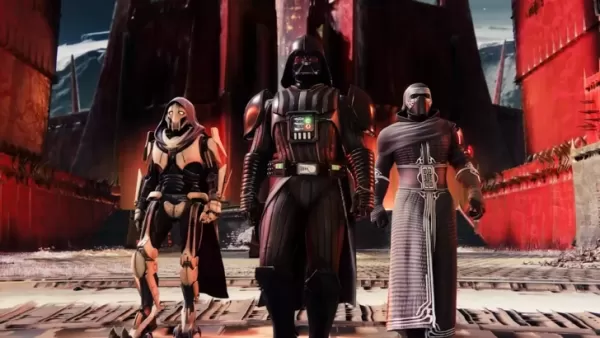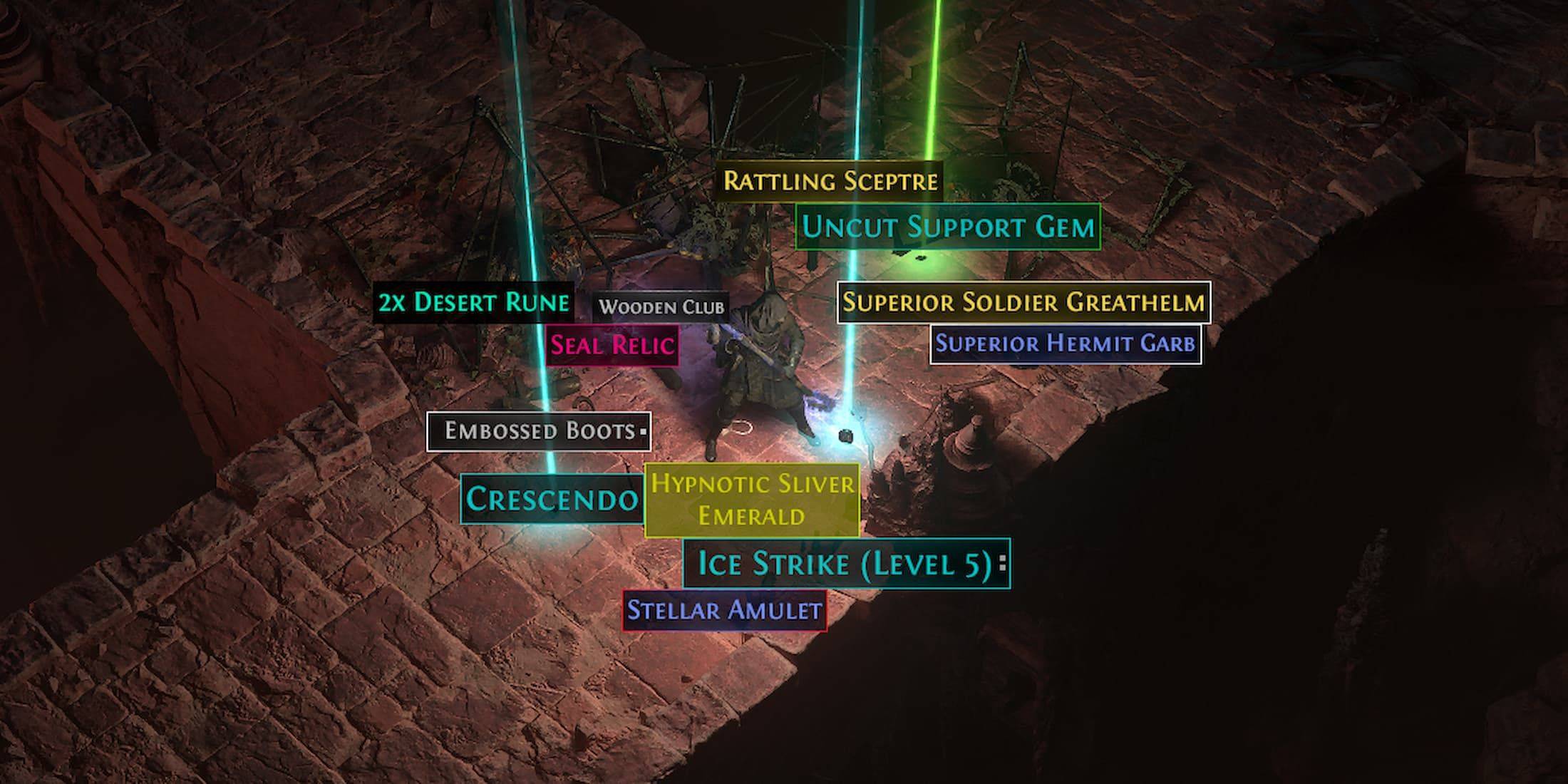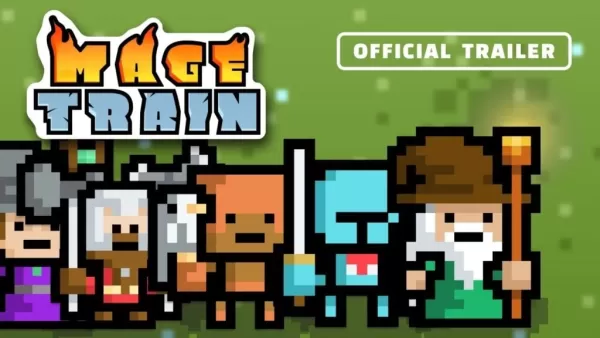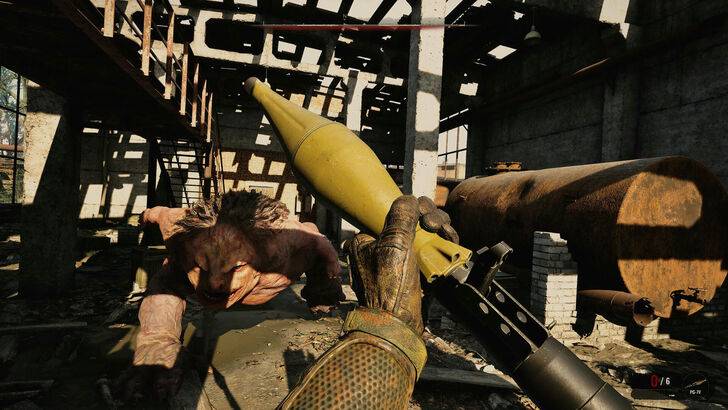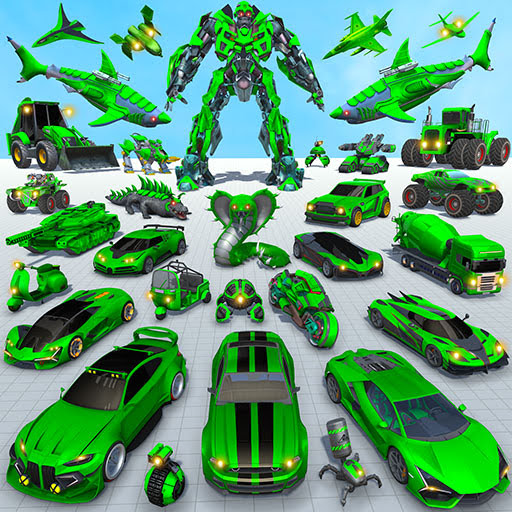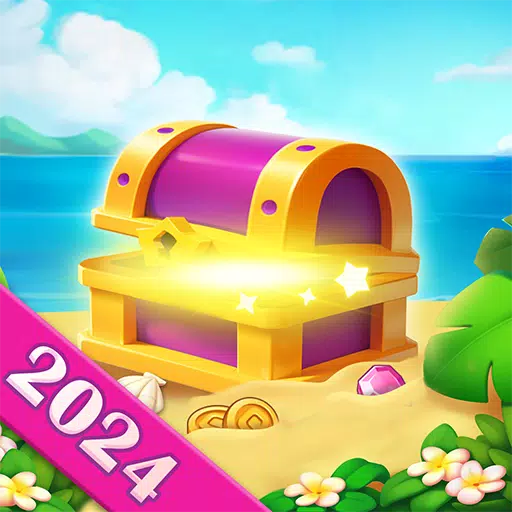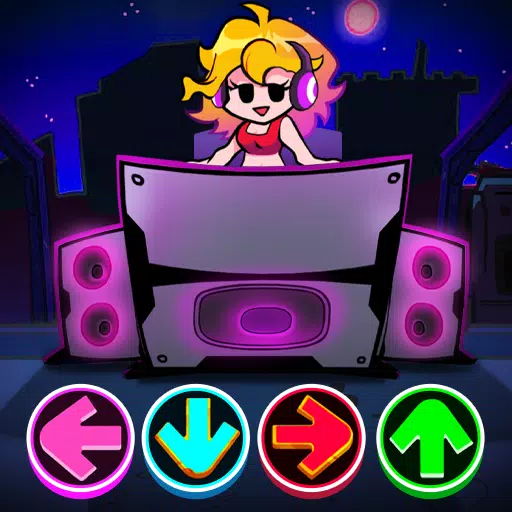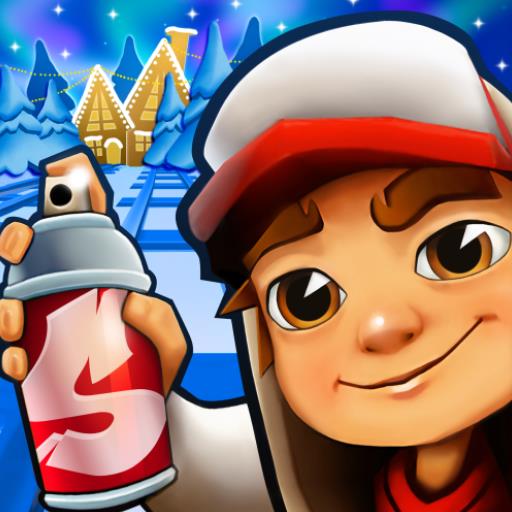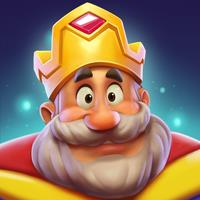The Marvel Cinematic Universe has undeniably taken over the entertainment landscape with its meticulously woven series of films and TV shows, creating a vast, interconnected narrative. However, when it comes to Marvel video games, the story is quite different. Each title exists independently, with no shared universe connecting them. For instance, Insomniac's Marvel's Spider-Man games have no connection to Eidos-Montreal's Marvel's Guardians of the Galaxy. Similarly, upcoming releases like Marvel 1943: Rise of Hydra, Marvel's Wolverine, and Marvel’s Blade operate in their own isolated universes.
There was once a vision at Disney to establish a Marvel Gaming Universe (MGU) that would mirror the success of the MCU in the gaming world. But what ultimately happened to this ambitious project?

DC and Marvel Superheroes: What's The Best Recent Game?
Pick a Winner

 New duel
New duel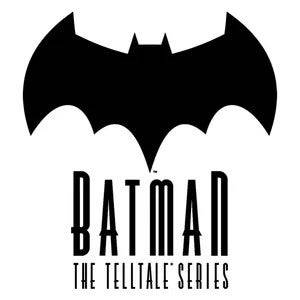 1ST
1ST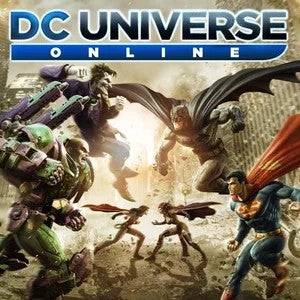 2ND
2ND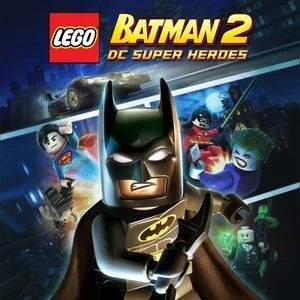 3RDSee your ResultsFinish playing for your personal results or see the community’s!Continue playingSee resultsSpeaking on The Fourth Curtain podcast, host Alexander Seropian and guest Alex Irvine revisited this MGU concept, recalling why it never came to fruition.
3RDSee your ResultsFinish playing for your personal results or see the community’s!Continue playingSee resultsSpeaking on The Fourth Curtain podcast, host Alexander Seropian and guest Alex Irvine revisited this MGU concept, recalling why it never came to fruition.
Seropian, renowned for founding Bungie—the studio behind Halo and Destiny—later led Disney’s video game division until 2012. Irvine, known for writing key narratives in Marvel games, including the critically acclaimed Marvel Rivals, detailed his experience working on the abandoned MGU.
“When I first started working on Marvel games, there was this idea to create a Marvel gaming universe that would mimic the MCU,” Irvine stated. “But it never materialized.”
Seropian then clarified that the MGU was his initiative but lacked approval from Disney executives.
“When I was at Disney, that was my idea—‘Let’s unify these games.’ It was before the MCU took off,” Seropian explained. “But it never got funded.”
With experience crafting ARGs like I Love Bees during his time at Bungie, Irvine delved into how this MGU could have functioned.
“It was incredibly frustrating because we had all these amazing concepts,” he continued. “I was inspired by ARGs and thought, ‘What if players could navigate through interconnected games?’ We could build bridges between titles, integrate comics, even introduce original content. But alas, it didn’t happen. Instead, we developed standalone games.”
Why did the MGU fail to secure backing? Irvine attributed its complexity to deterring some stakeholders at Disney.
“Back then, we grappled with questions like, ‘How will this differ from comics or movies? How do we ensure consistency?’ Those discussions grew complicated, and some at Disney weren’t keen to tackle them,” Irvine admitted.
It’s intriguing to ponder what might have unfolded had the MGU received the necessary funding. Perhaps Insomniac’s Spider-Man games could have intersected with Square Enix’s Marvel’s Avengers and Guardians of the Galaxy, featuring crossover cameos or culminating in an epic finale akin to the MCU’s Endgame.
Looking forward, the future of Insomniac’s Marvel’s Wolverine remains uncertain. Could it align with the Spider-Man universe? Might characters from those games appear in Wolverine?
Thus, the MGU joins the list of unrealized gaming concepts. Yet, in some alternate dimension, it may very well exist...

